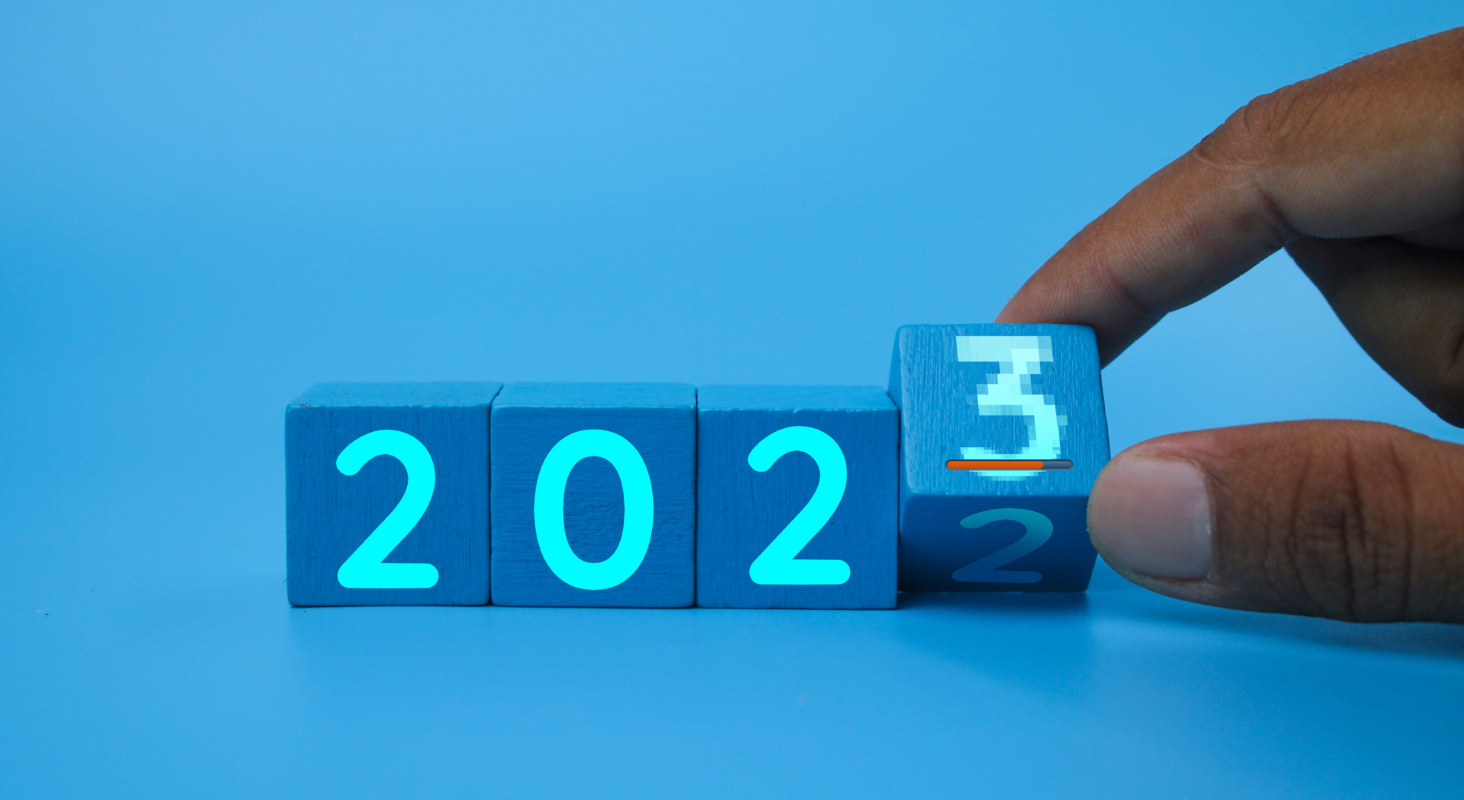As a marketing agency with a focus on digital, staying up to date on the latest trends and best practices is essential to success.
In the coming years, there are several key trends that we believe will shape the industry and that brands should be aware of.
Navigating automation and AI (Artificial Intelligence) in digital marketing
Artificial Intelligence and automation, while still in its infancy, has transformed marketing capabilities in a multitude of ways in recent years. You might have seen AI generated images on your social media timeline, and the rise of AI generated content, which while can have some benefits, still has issues with quality and plagiarism concerns and lack of personalisation. One challenge is a lack of control for the marketer, and another is the amount of trust being put in algorithms and machine learning. As a specialist agency striking the balance of using automation to your advantage whilst finding control is a must.
Automation can also be used in PPC, as keyword match types continue to become looser, and results in broader audiences. A deeper approach is needed for campaigns, accounts, and wider marketing mindset. Currently, there is less control available than ever before (but more control than there will ever be in the future). There are many ways that we can harness the power of automation and AI to ensure performance and client results, by using positive aspects of AI and automation such as data-rich bidding strategies and auto-matched audiences to find prospective users. As this continues to evolve, new methods to maintain control will continue to emerge. Utilising the positives and avoiding the negative across Google, Facebook and many more marketing networks will be the way to stay ahead of the competition.
The Metaverse and centralised experience
Web 3.0 has the potential to disrupt the way we use the internet. With Web 3.0, consumer behaviour and expectations will change so brands need to be prepared to react and adapt. Some markets will move much faster than others but as a first port of call, brands will need to at least need to create mini-brand experiences. Very much like the start of the Social Media revolution, those mini experiences will come from creating profiles and presences within the virtual worlds.
Gathering first party data for targeting
Data will also be a key factor in the coming years, as companies look to gather and utilise first-party data for targeting and personalisation. This will allow brands to make more informed, data-driven decisions about how to allocate their marketing budgets and reach their target audiences.
Companies such as Google and Meta are reducing their audience targeting options due to GDPR. Google’s GA4 (Google Analytics 4) is an example of where marketing platforms have moved from session based to event based tracking. To keep a competitive advantage companies will need to gather their own targeting data.
Relating first-party data back to platform performance will allow brands to gather more insight to make solid data-driven decisions of how best to spend marketing budget across the funnel.
More competition and evolving media spend
Digital Media spend surpassed all other media spend in 2022 and now makes up 55% of total marketing media spend globally. This growth is supported by Video (+23.4%), Paid Social (+21.9%), Search (+12.9%), and Programmatic (+19.9%). With more competition, it is now more important than ever to have experts managing budgets to stay ahead of the competition.
With consumers expecting seamless, personalized experiences across all channels, brands will need to invest in technologies like chatbots and AI-powered customer service, as well as focus on improving the overall user experience on their websites and other digital touchpoints.
Cookieless future
There has been a lot of debate and controversy around the use of cookies, with some arguing that they are an invasion of privacy and that users should have more control over how their data is collected and used. In response to these concerns, there have been a number of developments aimed at giving users more control over their online data, such as the European Union's General Data Protection Regulation (GDPR) and the California Consumer Privacy Act (CCPA).
One potential trend to watch is the use of machine learning and artificial intelligence (AI) to automate and optimise cohort-based advertising. With the help of these technologies, advertisers will be able to analyse large amounts of data and identify patterns and trends that can inform their targeting and messaging strategies.
How to stay ahead
Overall, the digital marketing landscape will continue to evolve and change, and it will be up to companies to stay ahead of the curve and adapt to these trends in order to succeed. If your business is looking to transform your digital marketing strategy in 2023 or simply want to learn more about our services, get in contact with us today.






